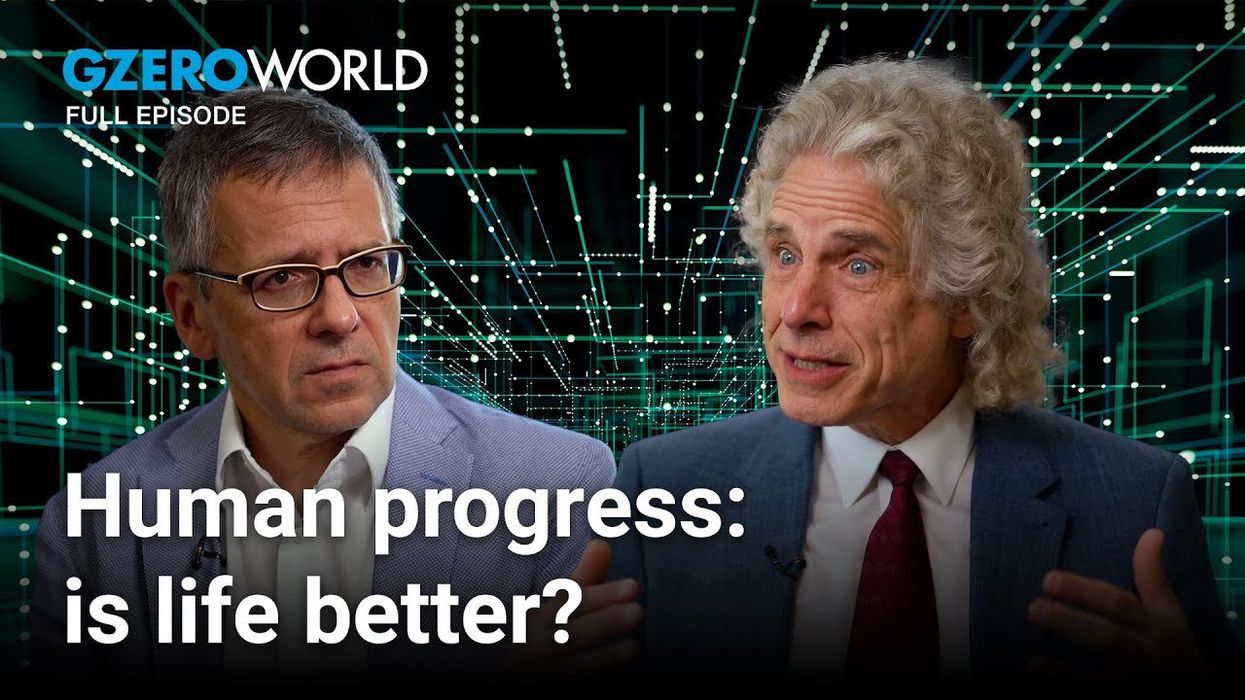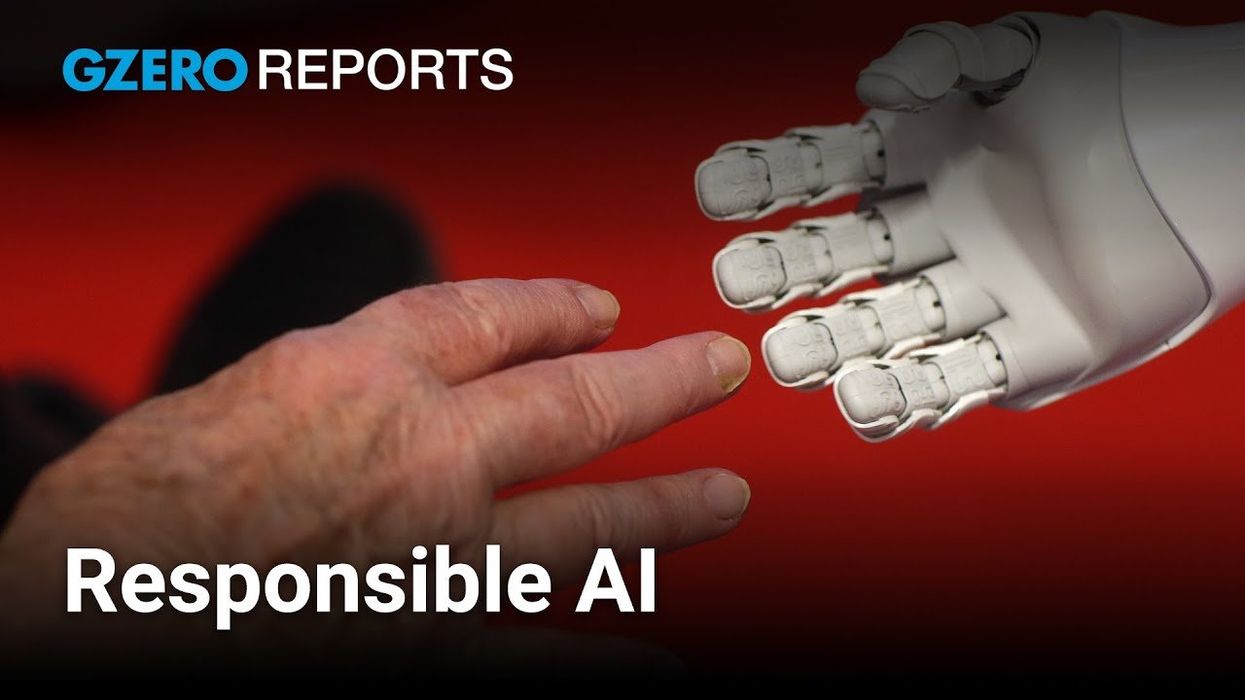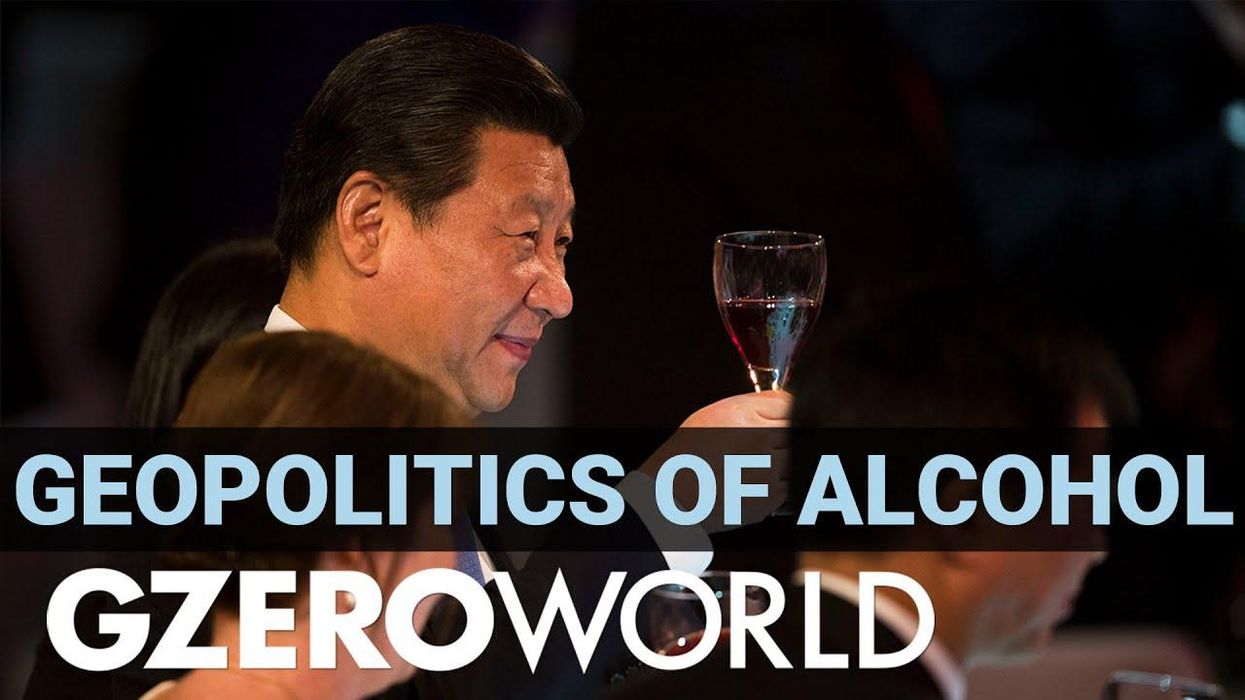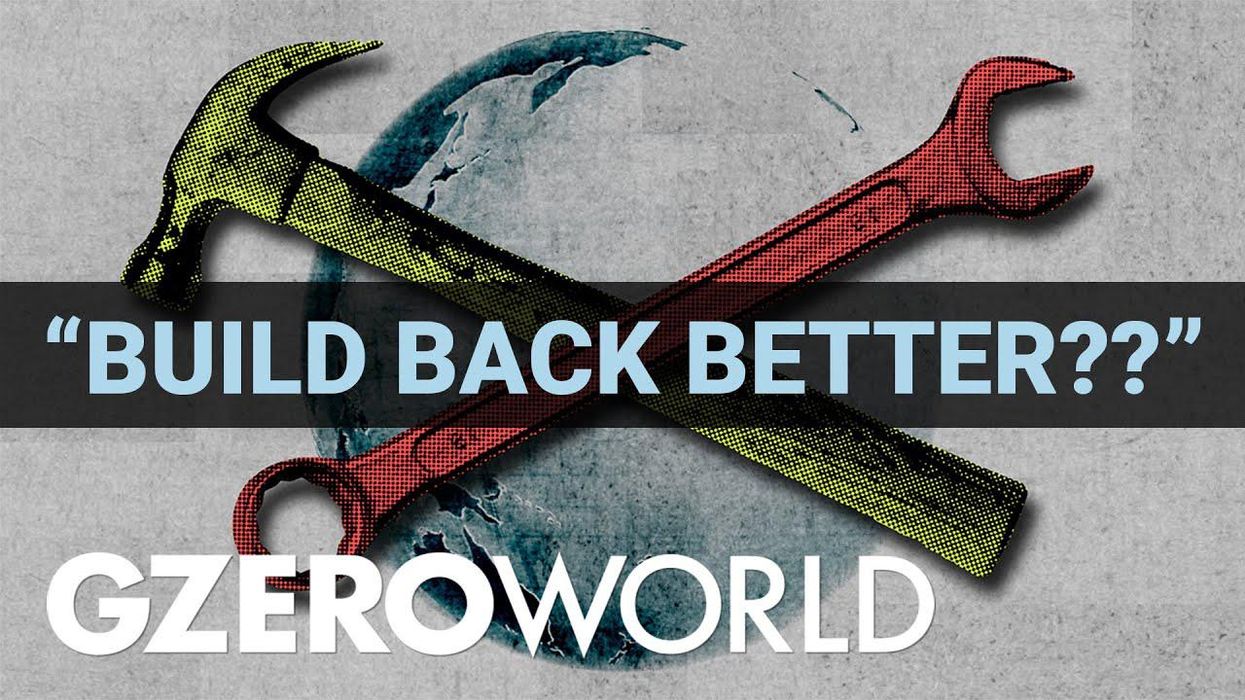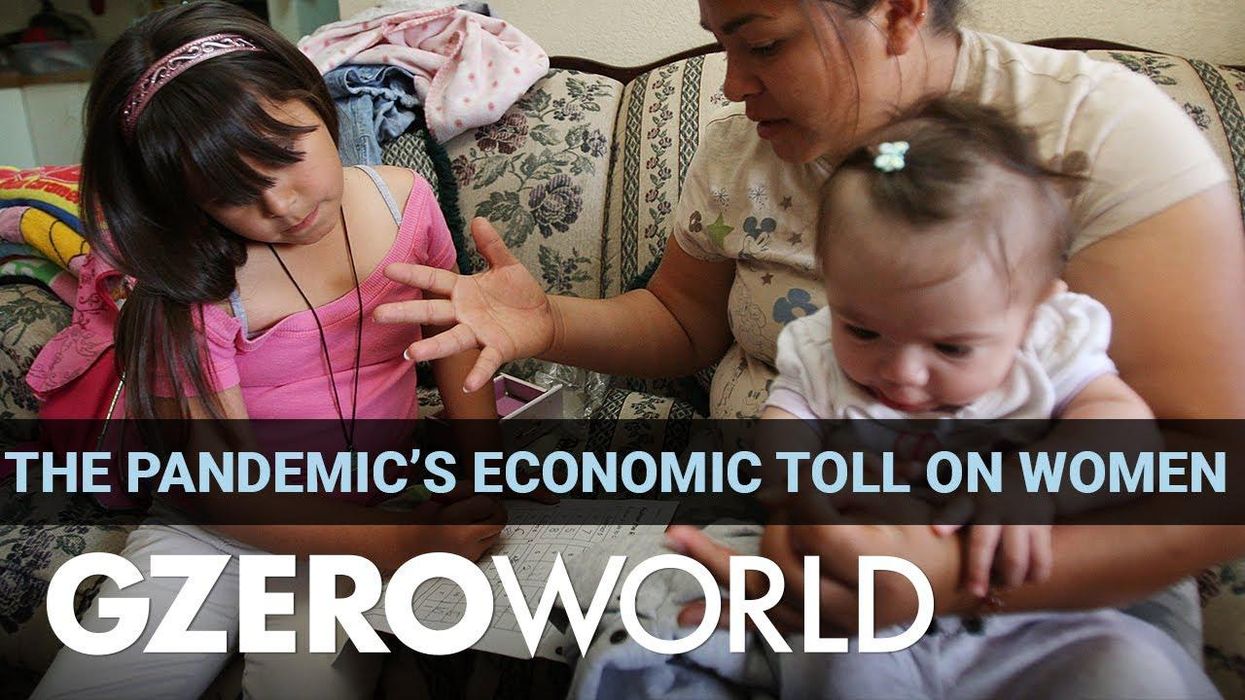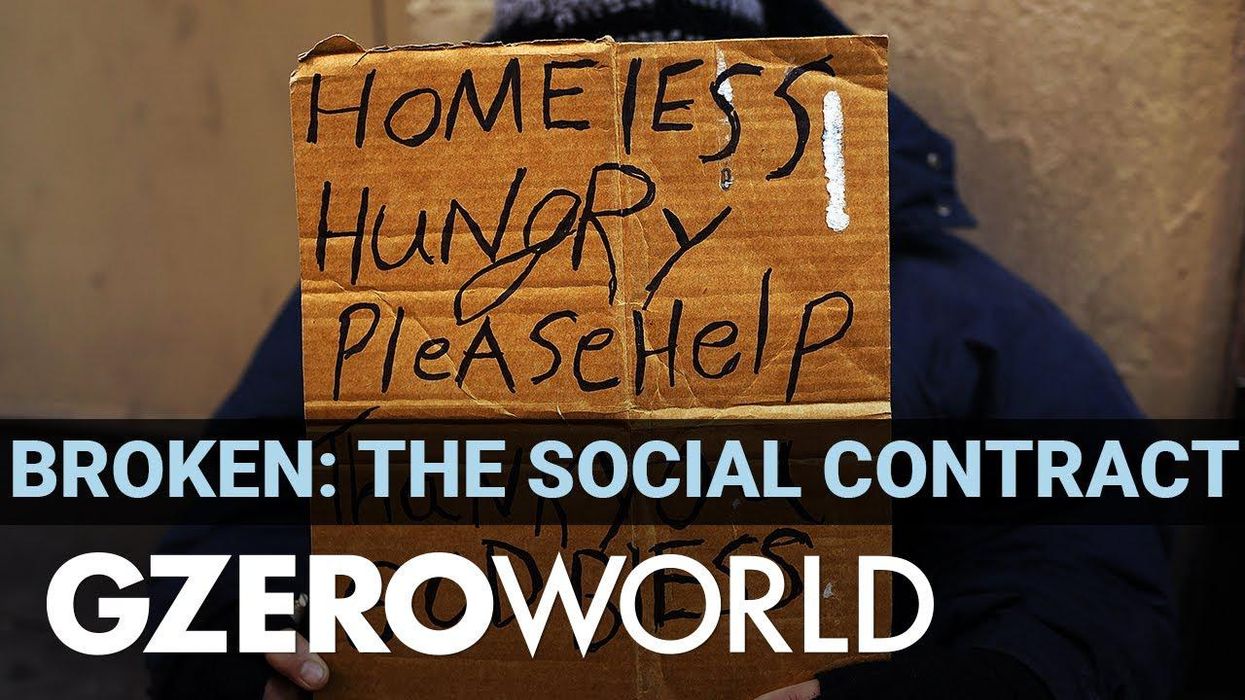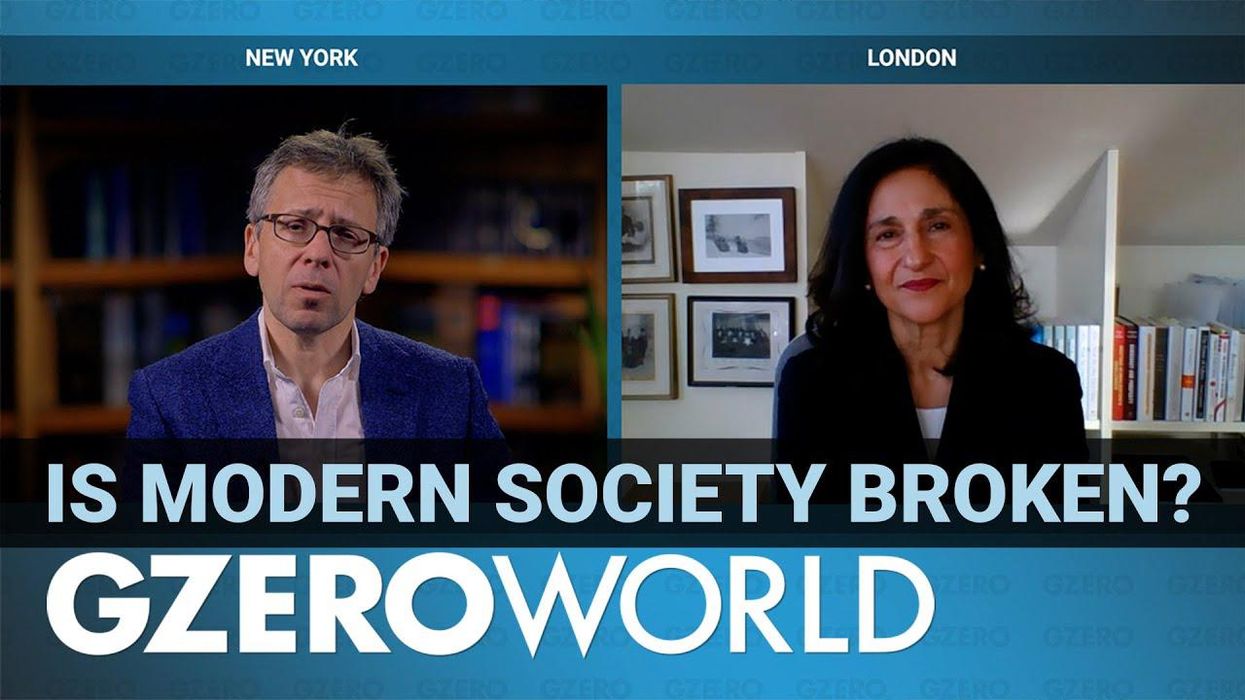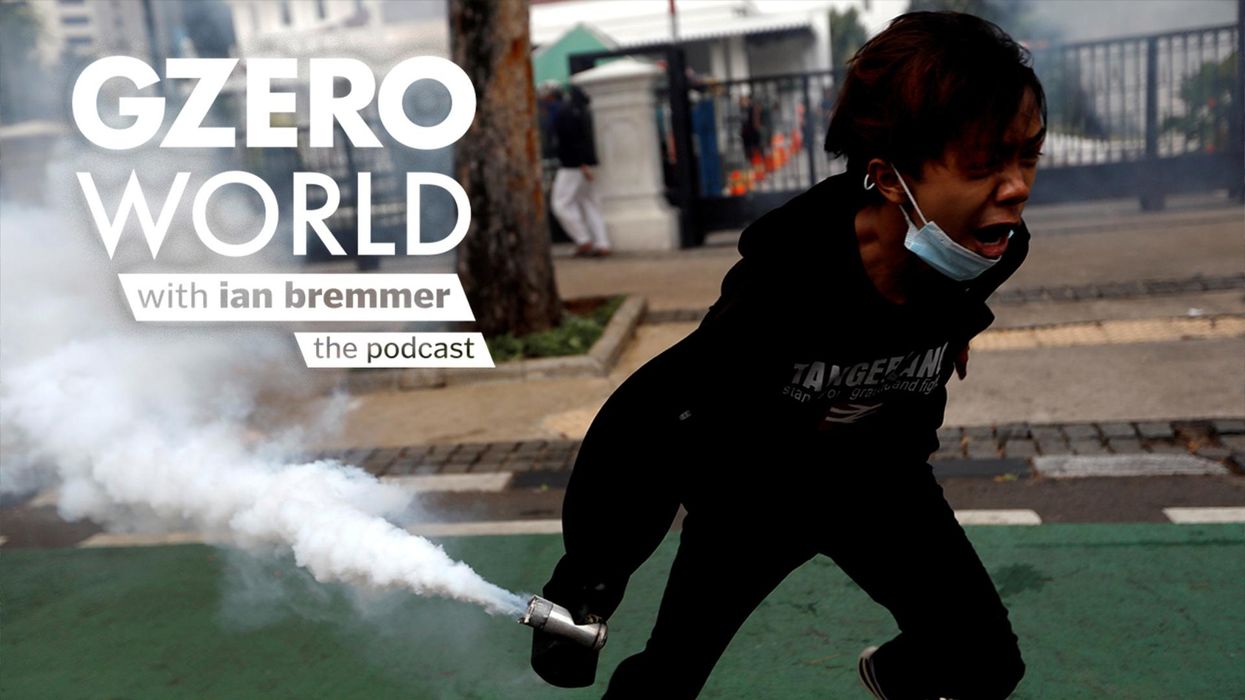GZERO World with Ian Bremmer
Is life better than ever for the human race?
Was the Beatles' Paul McCartney right - is it getting better all the time? On GZERO World, Ian Bremmer and Harvard psychologist Stephen Pinker talk about human progress and how we define it.
Sep 25, 2023
